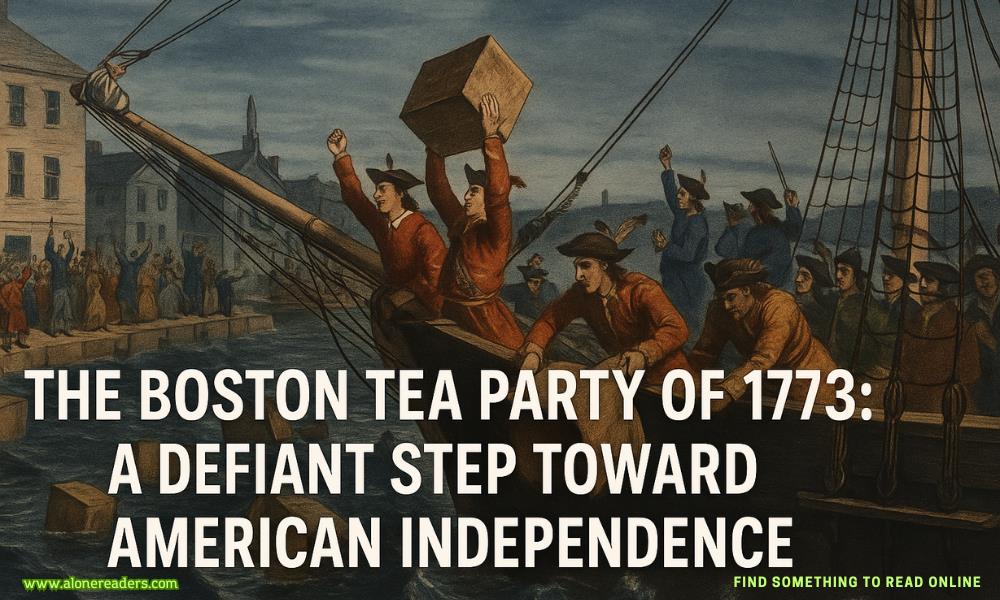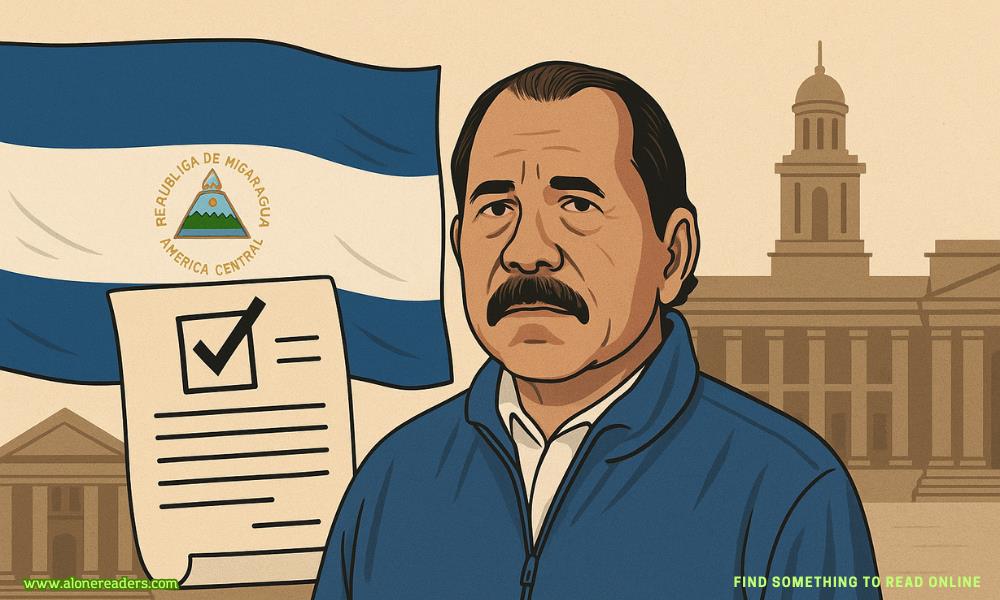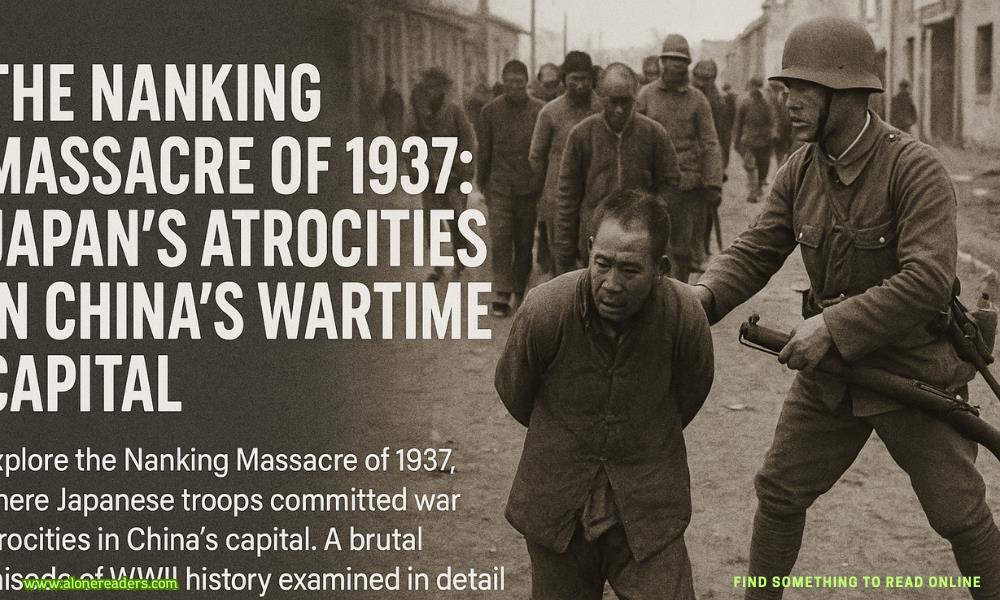Page 58 of Captiva Café
"Of course she is." Isabelle sighed, though with more fondness than exasperation now. "Chelsea, are you coming? We could use another voice of reason."
"I'll follow in a few minutes," Chelsea promised. "Just want to finish my coffee."
After Isabelle departed with renewed purpose, Chelsea turned to Maggie with a grin. "Well, that crisis seems contained. For now, at least."
"Until the national news picks up the story," Maggie predicted. "You know how these things go—one feature in an archaeology magazine and suddenly every history buff in the country will be booking flights to Captiva."
Chelsea laughed, rising to leave. "I should head over before something else happens. Knowing my sister, she's probably already planning a 'Dig & Dine' event for the grand opening."
After Chelsea departed, Maggie returned to the Chronicle, rereading Linda's enthusiastic account of the discovery. Thearticle concluded with a quote from Gretchen that hadn't fully registered during Maggie's first reading:
"Sometimes the most amazing discoveries happen when you're looking for something else entirely," Lawrence reflected. “I came to Captiva seeking a fresh start and found myself connected to centuries of island history instead. It feels like the island chose us as much as we chose it."
Maggie smiled at the sentiment, so typical of Gretchen's romantic perspective yet containing a grain of truth that resonated with her own experience. Captiva did have a way of revealing unexpected paths to those who arrived on its shores—whether they were seeking a new beginning like Gretchen, healing like Isabelle, or simply a place to belong like so many others who had found their way to this small stretch of sand in the Gulf.
"I should call the Historical Society," she said to Paolo, folding the newspaper. "And perhaps warn my mother not to detour her van adventure to come investigate. The café can only handle so many enthusiastic historians at once."
"Too late," Paolo replied, checking his phone with a laugh. "She just texted that she's already posted a video about the discovery to her YouTube channel. Apparently, archaeological finds are 'excellent content for the Silver Wanderers audience.'"
"Of course they are." Maggie sighed, though she couldn't suppress a smile. Between her mother’s online following and Gretchen's social media enthusiasm, the Captiva Café archaeological discovery was likely to become the island's biggest sensation since the time a movie star had been spotted buying ice cream at the general store.
And knowing the islanders as she did, Maggie suspected this was only the beginning.
CHAPTER 20
The inn's garden was quiet except for Paolo and Lexie walking up and down the winding path passing the vegetable plants. Most guests were still asleep or just beginning to stir. One, in particular was Merritt Ryan, who was due to check out today. Maggie felt sad to see her go and couldn’t tell if Merritt was happy or sad about it.
Like Sarah’s best friend, Emma, Maggie felt a maternal connection with Merritt, and no matter what the young woman was going through, Maggie wanted their last interaction to be a pleasant one. A platter with coffee and scones sat on the table under the gazebo, and Maggie sat waiting for Merritt to find her. She didn’t have to wait long.
Merritt approached slowly, her backpack slung over one shoulder and her guitar case in hand. She'd already loaded her suitcase into her car, the blue Subaru now pointed toward the mainland, toward the long journey north. Her hair was pulled back in a simple ponytail, and the dark circles under her eyes suggested she hadn't slept much, if at all.
"I thought we might have one more coffee before you go," Maggie said, gesturing to the empty chair across from her. "Unless you're in a hurry to get on the road?"
Merritt shook her head and set her guitar case carefully against the gazebo railing before taking the offered seat. "No, I...thank you. Coffee would be nice. I’m sorry I’m not staying the full two weeks.” She wrapped her hands around the warm mug, her eyes fixed on the steam rising from its surface. "I feel like apologizing for leaving. You’ve got a wonderful community here, and they’ve sort of adopted me."
"No need for apologies," Maggie assured her, adding a splash of cream to her own coffee. "Life happens, plans change. It's the nature of things, and yes, you’re right, we certainly have an interesting cast of characters on this island. They all mean well, though. I hope you know that."
Merritt nodded, sipped her coffee.
For a moment, neither woman spoke. A monarch butterfly drifted lazily through the gazebo, its orange wings vivid against the white paint, before continuing on its journey through the garden.
"I need to go home," Merritt said finally, her voice barely above a whisper. "My mother is dying."
The words hung in the air between them, raw and unvarnished. Maggie nodded silently, giving Merritt the space to continue at her own pace.
"She's been sick for a long time," Merritt continued, finally looking up to meet Maggie's eyes. "Fourteen years. I was sixteen when she was first diagnosed with multiple sclerosis. It started with little things—dropping a glass, stumbling on stairs she'd climbed thousands of times. By the time I graduated high school, she needed a cane. By my sophomore year of college, it was a wheelchair."
"That's a heavy burden for a young person to carry," Maggie said gently.
Merritt gave a small, humorless laugh. "Everyone said that—my teachers, my friends' parents. How brave I was, how strong.But I never felt brave. I felt...trapped." She took a sip of her coffee, as if gathering strength from its warmth. "I chose the local college instead of the music program I'd been accepted to in Boston. Lived at home to help my dad care for her. Scheduled my classes around her doctors’ appointments. It just seemed...expected."
"And no one questioned this arrangement?" Maggie asked.
"My father tried, once or twice. Said I should go live my life, that they'd manage. But you should have seen the look on my mother's face when he said it. Not angry or manipulative, just...hurt. So deeply hurt that I couldn't bear it." Merritt traced a finger around the rim of her mug. "And truthfully, I don't think they would have managed without me. Dad was working full-time, and the care she needed was becoming more intensive each year."
Maggie nodded, understanding in her eyes. She'd witnessed similar situations among friends and family—the way illness could reorganize entire family systems, creating roles that became increasingly difficult to step out of.
“I take it you’re an only child?” Maggie asked.
- The Prince's Secret Twins by Elizabeth Lennox
- Tangled Desires by Tory Baker
- At the Edge of Surrender by A.L. Jackson
- A Touch of Fate by Cora Reilly
- Untouchable Love by Lucy Darling
- After Hours by Caitlin Crews
- Shelter from the Storm by Mari Carr
- Someone Knows by Vi Keeland
- Hawk by Fiona Davenport
- The Silencer by Brooke Summers
- The Beat of her Heart by Emily Hayes
- The Neighbor's Son by K. Webster
- Vasily the Hammer by C.B. Alice
- Convenient Vows by D.C. Beks
- Wrapped in Silver by Sara Vice
- Ruined By Capture by Sherry Blake







